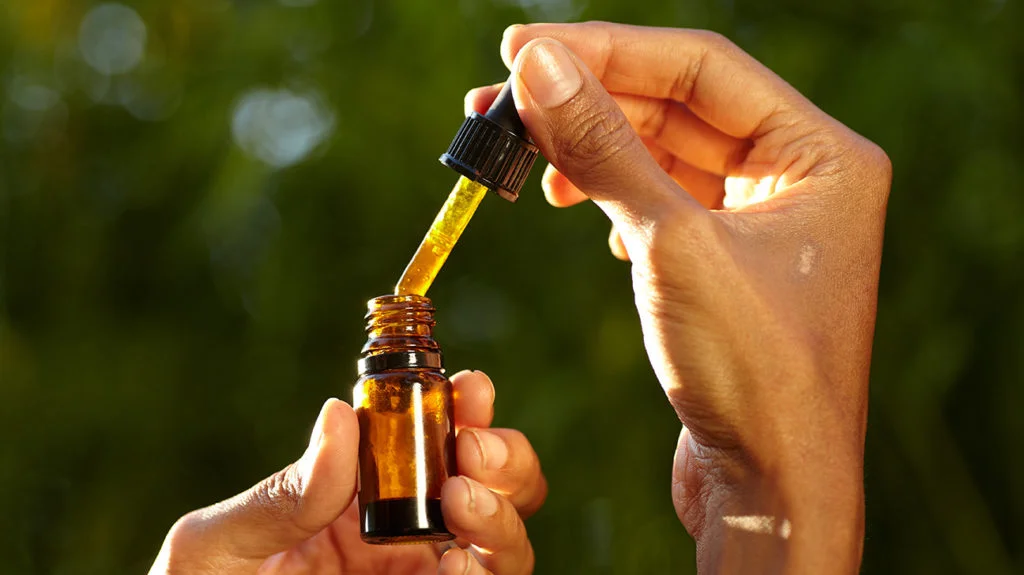Introduction
In recent years, CBD, or cannabidiol, has surged in popularity as a wellness supplement known for its potential health benefits. However, with its rise in popularity, misconceptions and myths surrounding CBD have also proliferated. In this comprehensive guide, we’ll debunk common CBD myths and separate fact from fiction to provide a clearer understanding of this versatile compound.
Unveiling Common CBD Myths and Facts

In the world of wellness, CBD has emerged as a prominent player, offering potential benefits for various health concerns. However, amidst the growing popularity of CBD, numerous myths and misconceptions have surfaced, clouding the understanding of this versatile compound. In this illuminating exploration, we delve into the realm of common CBD myths and separate fact from fiction. By debunking prevalent misconceptions surrounding CBD, we aim to provide clarity and insight into the true nature of this compound and its potential impact on health and well-being. Let’s embark on a journey to uncover the truth behind common CBD myths and discover the reality of CBD’s therapeutic properties.
Also Read: Unlocking the Secrets: Everything You Need To Know About CBD Skincare
Myth: CBD Gets You High
Fact: One of the most prevalent myths about CBD is that it produces psychoactive effects similar to THC, the compound responsible for the “high” associated with cannabis. In reality, CBD is non-intoxicating and does not cause euphoria or impairment. Unlike THC, CBD does not directly bind to cannabinoid receptors in the brain, leading to its non-psychoactive nature. Instead, CBD interacts with other receptors and neurotransmitters in the body’s endocannabinoid system, exerting various therapeutic effects without altering consciousness.
Myth: CBD is Illegal Everywhere
Fact: While CBD’s legal status varies from country to country and state to state, it is legal in many regions, provided it is derived from hemp plants containing less than 0.3% THC. The 2018 Farm Bill legalized the cultivation, sale, and consumption of hemp-derived CBD products in the United States, leading to a surge in CBD availability and popularity. However, regulations regarding CBD can be complex and subject to change, so it’s essential to research and understand the laws in your area before purchasing or using CBD products.
Myth: All CBD Products are the Same
Fact: Not all CBD products are created equal, and quality can vary significantly depending on factors such as extraction method, source of hemp, and manufacturing practices. Full-spectrum CBD products contain a wide range of cannabinoids, terpenes, and other beneficial compounds found in the hemp plant, offering enhanced therapeutic effects through the entourage effect. On the other hand, CBD isolates contain pure CBD without any other cannabinoids or compounds, making them suitable for individuals seeking CBD without THC or other substances. Additionally, third-party lab testing ensures transparency and quality control, allowing consumers to verify the potency and purity of CBD products.
Myth: CBD is Only Effective for Certain Conditions
Fact: While CBD has shown promise in treating various health conditions, its therapeutic potential extends beyond a few specific ailments. Research suggests that CBD may benefit a wide range of health issues, including anxiety, depression, pain, inflammation, insomnia, epilepsy, and neurological disorders. CBD’s diverse mechanisms of action within the endocannabinoid system and other physiological pathways contribute to its versatility as a wellness supplement. However, individual responses to CBD can vary, and it may not work for everyone or every condition.
Myth: CBD is Addictive
Fact: Unlike THC, CBD is not addictive and does not produce dependence or withdrawal symptoms. In fact, research suggests that CBD may help mitigate addictive behaviors and cravings associated with substance abuse. CBD’s interaction with the endocannabinoid system and other neurotransmitter systems in the brain may contribute to its potential as a therapeutic agent for addiction treatment. Additionally, the World Health Organization (WHO) has stated that CBD exhibits no potential for abuse or dependence.
Myth: CBD is a Cure-All
Fact: While CBD offers numerous potential health benefits, it is not a cure-all or miracle remedy for every ailment. CBD should be viewed as part of a holistic approach to wellness, complementing other healthy lifestyle practices such as regular exercise, balanced nutrition, stress management, and adequate sleep. While CBD may alleviate symptoms and support overall well-being, it is essential to consult with a healthcare professional before using CBD for any specific medical condition or concern.
Conclusion
In conclusion, debunking common myths and misconceptions about CBD is essential for fostering a better understanding of this versatile compound. CBD’s non-psychoactive nature, legal status, product variability, broad therapeutic potential, non-addictive properties, and role as part of a holistic wellness regimen are key facts to consider. By separating fact from fiction, individuals can make informed decisions about using CBD to support their health and well-being. As research continues to uncover the therapeutic potential of CBD, it’s crucial to stay informed and approach CBD use with knowledge, caution, and moderation.
